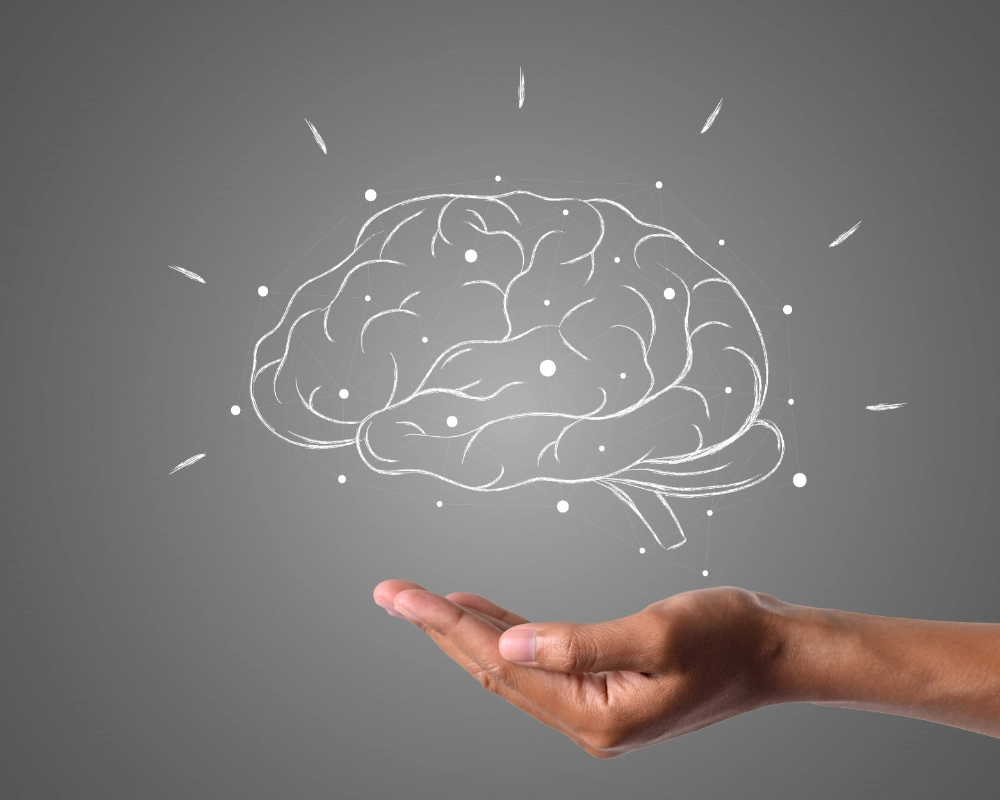
Focused on coaching with a transformative approach in clarifying challenges and issues that seem impossible. Our methodology speaks to the subconscious mind, identifying and working through the real motives and roots of ideas and thoughts that do not serve us.
By accessing different neuro pathways, challenges can be viewed in a different light, creating opportunities that bring the realisation that we do have options and are empowered to make important life-changing decisions.
R10900,00